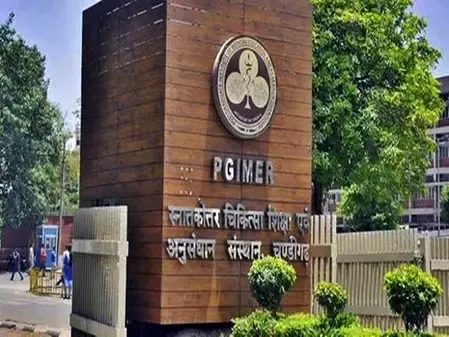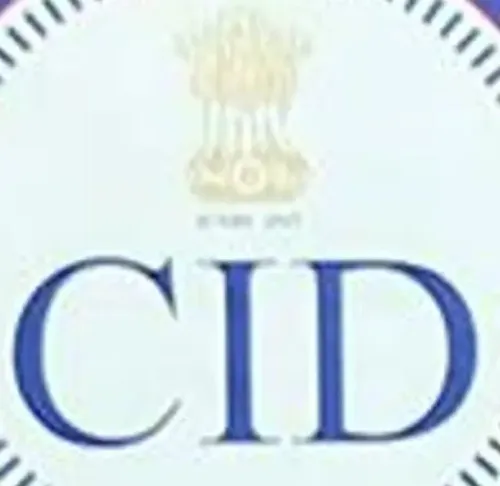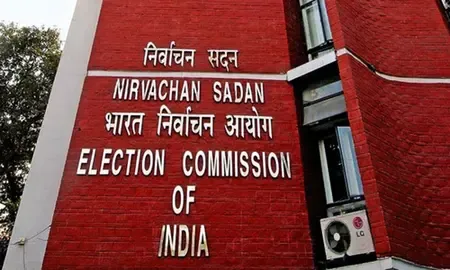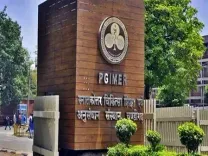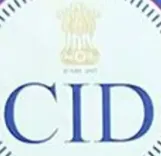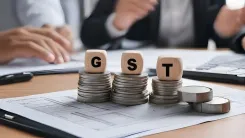India's E-Waste Recycling Capacity Surges to 22.08 Lakh Tonnes Annually
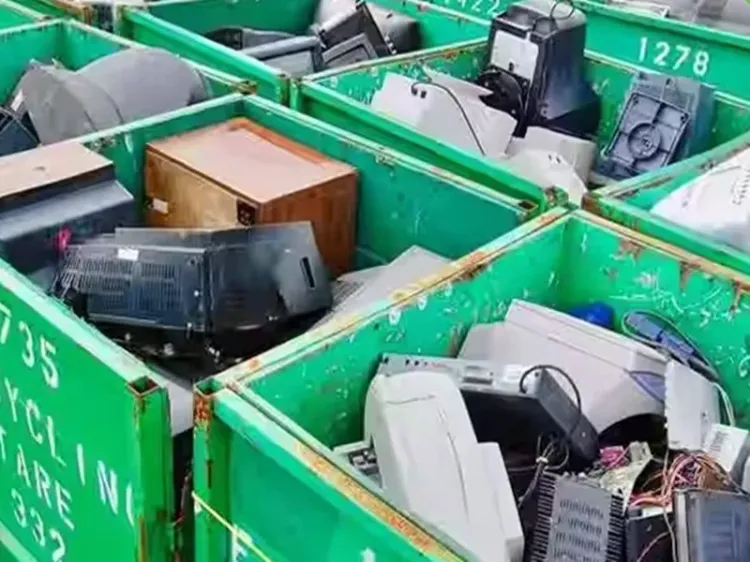
Synopsis
Key Takeaways
- 322 recyclers with 22.08 lakh tonnes capacity.
- 72 refurbishers manage 92,042.18 MT annually.
- CPCB's E-Waste portal facilitates registration.
- New rules promote environmental safety.
- Transitioning informal sector to formal sector.
New Delhi, Feb 13 (NationPress) The reported processing capacity of 322 registered e-waste recyclers in India is 22,08,918.064 metric tonnes (MT) annually, while the processing capacity of 72 registered e-waste refurbishers stands at 92,042.18 MT per annum as of Feb 9, 2025, Minister of State for Environment Kirti Vardhan Singh informed Parliament on Thursday.
The Central Pollution Control Bureau (CPCB) has created an online Extended Producer Responsibility (EPR) E-Waste portal where producers, manufacturers, recyclers, and refurbishers of e-waste must register, as stated by the minister in a written reply to the Rajya Sabha.
The CPCB has released guidelines aimed at the scientific and environmentally responsible management of e-waste. These guidelines outline the necessary procedures and facilities, including machinery and pollution control devices essential for the environmental recycling of e-waste.
An action plan for the execution of E-Waste (Management) Rules, 2022 is currently in effect, being implemented by all State Pollution Control Boards (SPCBs), which are also submitting quarterly progress reports. SPCBs have been instructed to conduct regular inspections to monitor informal e-waste activities.
State governments have been assigned the task of designating or allocating industrial space for e-waste dismantling and recycling in existing and future industrial parks, estates, and clusters.
The minister noted, "The generation of e-waste has been on the rise in recent years, driven by an increase in the use of electrical and electronic devices by consumers. The rise in e-waste is a direct consequence of economic growth and technological innovations."
The Environment Ministry has thoroughly revised the E-Waste (Management) Rules, 2016 and has implemented the new E-Waste (Management) Rules, 2022 in November 2022, with enforcement commencing on April 1, 2023.
The objective of these rules is to ensure that e-waste is managed in a way that protects health and the environment from any negative impacts that may arise from such waste, as highlighted by the minister.
These new regulations are designed to manage e-waste in an environmentally sound manner and establish an improved Extended Producer Responsibility (EPR) framework for e-waste recycling, requiring all manufacturers, producers, refurbishers, and recyclers to register on the platform set up by the CPCB.
The updated provisions aim to transition informal sector activities to the formal sector, facilitating environmentally sound recycling of e-waste.
Additionally, provisions for environmental compensation and verification & audit have been introduced. These regulations also promote a Circular Economy through the EPR framework and encourage scientific methods of recycling and disposal of e-waste, the minister added.

